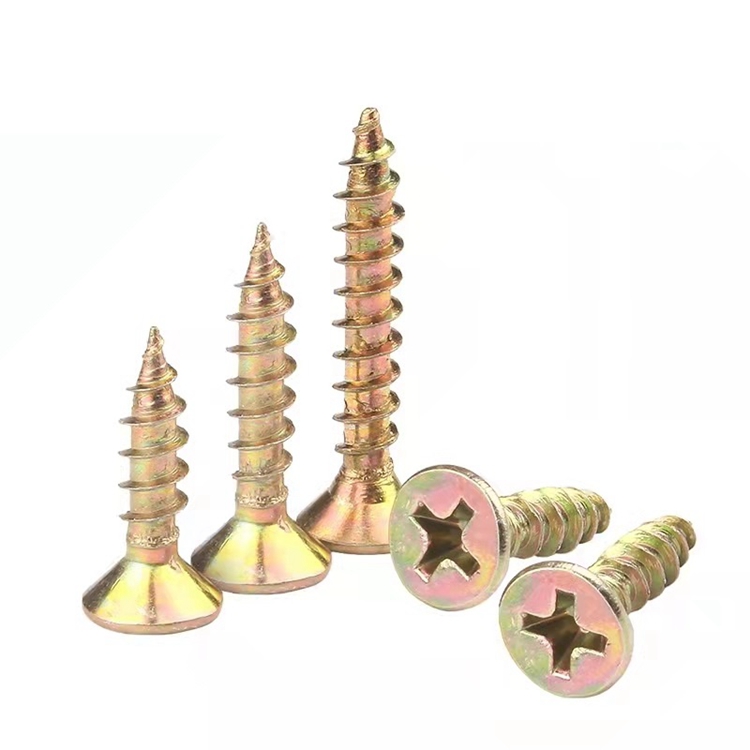torquing bolts manufacturer
Oct . 19, 2024 07:21 Back to list
torquing bolts manufacturer
Understanding Torquing Bolts A Comprehensive Guide to Manufacturer Standards
In the world of engineering and construction, the integrity of a structure hinges on the proper assembly of components, and one vital function in this process is the torquing of bolts. The act of torquing refers to the application of a specific rotational force to tighten bolts and ensure secure connections. This article explores the significance of torquing bolts according to manufacturer specifications and the implications for safety and performance.
The Importance of Torquing Bolts
Bolts are essential fasteners used to hold together parts of machinery, buildings, and structures. When assembling these components, achieving the correct tension through torquing is critical. Insufficient torque can lead to loose connections, while excessive torque can strip threads or fracture components, compromising structural integrity. Therefore, following manufacturer specifications for torquing bolts ensures not only the durability of the assembly but also the safety of the overall structure.
Manufacturer Specifications The Key to Successful Torquing
Manufacturers provide detailed specifications, including the recommended torque values for their bolts. These specifications take into account various factors, including bolt material, diameter, thread pitch, and application load. Additionally, many manufacturers consider factors such as lubrication, environmental conditions, and wear over time.
For instance, bolts used in automotive applications must adhere to specific torque values to withstand vibrations and dynamic loads. In contrast, bolts used in constructing high-rise buildings may have different requirements due to the unique loads imposed by wind and seismic activity. By following these specifications, engineers and technicians can ensure that bolts function optimally within their designated applications.
Tools and Techniques for Torquing Bolts
To achieve the correct torque, several tools are commonly employed, including torque wrenches, torque screwdrivers, and impact wrenches.
torquing bolts manufacturer

1. Torque Wrench This versatile tool allows for precise control over the amount of torque applied. It is essential for applications where accuracy is crucial, such as in automotive or aerospace manufacturing. 2. Torque Screwdriver Ideal for smaller fasteners, torque screwdrivers are designed to apply a set torque value, making them perfect for delicate assembly tasks.
3. Impact Wrench Used primarily for heavy-duty applications, impact wrenches deliver high torque in short bursts, suitable for tasks where speed is of the essence.
Regardless of the tool used, achieving the specified torque involves not only the correct tool but also the right technique. This includes following a systematic approach to tightening bolts, often in a star pattern, to distribute stress evenly across the material.
The Consequences of Mis-Torquing
Failing to adhere to manufacturer torque specifications can lead to significant issues. In automotive settings, mis-torqued bolts can cause catastrophic failures, such as engine damage or compromised safety features. In construction, improperly torqued bolts can lead to structural failures, posing a risk to both the building’s occupants and its surrounding environment.
Additionally, the lifecycle of components can be negatively impacted. Over-torquing can lead to fatigue and premature failure, while under-torquing can result in loosening over time. Regularly scheduled inspections and maintenance are necessary to ensure that torqued connections remain secure throughout their lifespan.
Conclusion
In conclusion, the torquing of bolts is a crucial aspect of assembly in numerous industries. Understanding and adhering to manufacturer specifications not only ensures the safety and longevity of structures and components but also enhances overall performance. Investing in the right tools and techniques, and appreciating the importance of proper torquing practices, can lead to safer and more reliable engineering outcomes. Whether in construction, automotive, or any field utilizing bolted connections, the benefits of meticulous torquing cannot be overstated. Ultimately, it is the attention to these details that transforms a mere assembly into a secure and trusted structure.
Latest news
-
High-Quality Panel Stud Bolt Reliable Panel Stud Bolt Factory & Suppliers
NewsJul.08,2025
-
High-Precision Fine Thread Locknuts Manufacturer & Supplier Custom Solutions
NewsJul.08,2025
-
PH Imperial Stud Bolt – High Strength Fasteners from Leading Supplier & Factory
NewsJul.07,2025
-
High-Quality Allen Wrench Bolts Leading Factory, Company & Suppliers
NewsJul.07,2025
-
Wholesale Ball Stud Bolt - High Quality Supplier & Factory Price Reliable Wholesale Ball Stud Bolt Company
NewsJul.06,2025
-
High-Strength Alloy Bolts Manufacturer & Supplier Quality Alloy Fasteners Factory
NewsJul.06,2025
